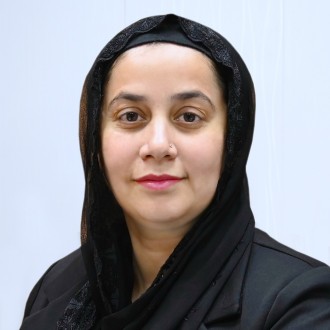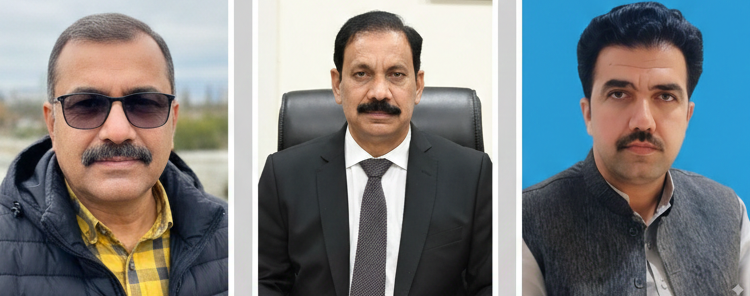ISLAMABAD – Ecotourism must be at the forefront of Pakistan’s development policies to safeguard its natural resources and create resilient livelihoods, stated Munir Ahmed, Executive Director of Development Communications Network (Devcom-Pakistan), during a national training workshop in Islamabad on Monday.
The workshop, organized by the National Centre for Rural Development (NCRD), brought together government officials and civil society representatives to discuss “Ecotourism and Sustainable Development.” Dr. Abdul Rehman Khan Niazi, the NCRD Director, opened the session by highlighting the importance of exploring Pakistan’s diverse landscapes through sustainable practices that generate income without causing environmental degradation.
- pin up az
- pinap
- 4rabet
- 1 vin
- mostbet casino
- mosbet
- mosbet az
- mostbet casino
- 1win yüklə
- mostbet казино
- mostbet casino
- 1 win
- mostbet casino
- 1 win
- 1 win
- pin up casino
- pinup uz
- pin up uz
- pinup casino
- pin up casino
- mosbet casino
- pin up
- luckyjet
- пинап
- 1win login
- pinko casino
- 1vin casino
- mosbet
- 1win casino
- 1win casino
- 1 vin
- 4era bet
- mostbet uz
Munir Ahmed, a renowned expert in ecotourism and sustainable development, cautioned that “unchecked mass tourism” could destroy the very beauty it aims to promote. He emphasized that tourism must maintain a balance between people, culture, and nature, warning that ignoring ecosystems and local communities would do more harm than good.
Ahmed described ecotourism as a “smart economic model,” not a form of charity. He argued that it has the potential to make Pakistan a leading ecotourism destination in South Asia by creating livelihoods in rural and mountain areas, generating jobs for youth and women, and simultaneously protecting biodiversity. He stressed the importance of not exploiting fragile ecosystems for short-term gains.
Participants engaged in a lively discussion, agreeing with Ahmed’s viewpoint that communities should be central to tourism planning and benefit-sharing. Ahmed suggested that Pakistani youth could be trained as “eco-ambassadors” and that women entrepreneurs could link their handicrafts and hospitality services to the tourism market.
In his concluding remarks, Ahmed called on policymakers to adopt innovative financing models, strengthen public-private partnerships, and introduce effective regulations to prevent environmental exploitation. He concluded that by embracing ecotourism, Pakistan could secure a resilient economy, healthier communities, and a respected place on the global tourism map.






